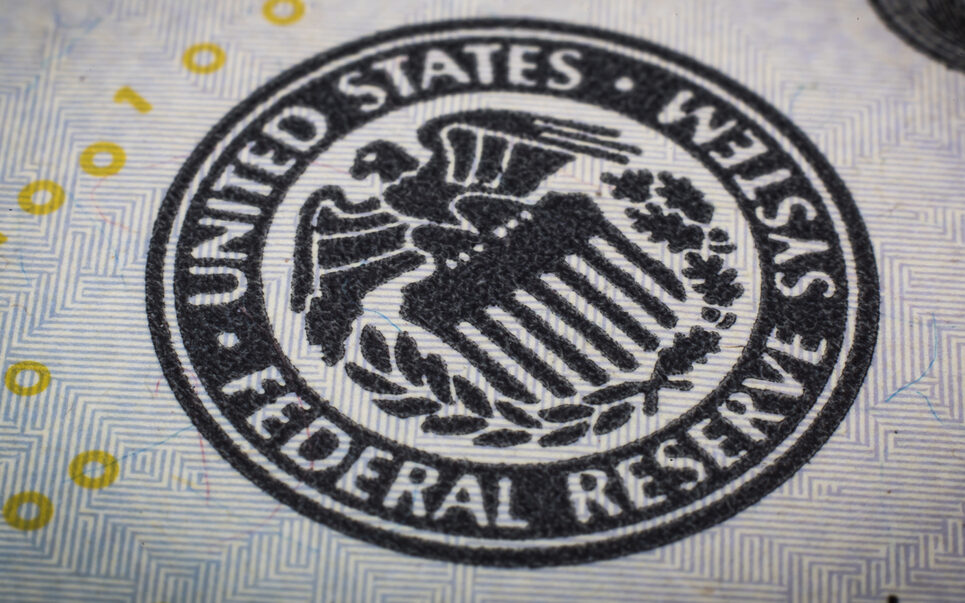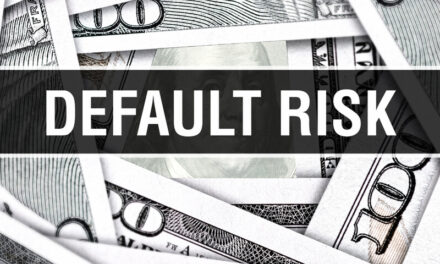The likelihood of the Federal Reserve cutting its key policy interest rate during its October meetings next week is very high, and Goldman Sachs agrees, but the financial firm thinks it will be the end of easing efforts for a while.
The Fed’s funds rate is currently sitting at a range of 1.75%-2%, but Goldman, like many others, has placed a 95% probability on the Federal Open Market Committee cutting that range by 25 basis points to a range between 1.5% and 1.75% when it meets on Oct. 29-30. The CMEGroup FedWatch tool was sitting at a similar probability (93.5%) around 11:30 EDT Thursday morning.
What will change, Goldman argues, is the language the Fed uses to back up its policy decisions.
Fed Chief Jerome Powell called the central bank’s July interest rate cut, the first in a decade, a “mid-cycle adjustment” that was intended to keep the U.S. economic expansion going amid fears of global slowdown and other uncertainties like the ongoing U.S.-China trade war. Goldman economist Spencer Hill believes next week’s 25 basis points cut will call an end to that language.
“Strong signaling from Fed leadership indicates that the modest trade war de-escalation since September has not deterred them from completing a 75bp, 1990s-style ‘mid-cycle adjustment,’” Hill said, according to CNBC.
Part of the reasoning is because dissent among Fed officials over rate cut decisions has been growing, according to September’s FOMC minutes, which is ratcheting up the uncertainty of more easing.
Which brings up the second big change coming. Goldman believes the Fed will stop saying it “will act as appropriate to sustain the expansion.” This phrase was introduced by Powell in June, which fueled the frenzy leading up to the first interest rate cut in July.
Instead, Goldman believes the Fed will shift its language to describe what it’s already done.
“We expect the ‘act as appropriate’ sentence to be replaced with a reference to the easing actions already delivered (mirroring the language in October 2007 and June 2008) coupled with the following less committal guidance: ‘will act as needed to promote its objectives,’ Hill said.
Goldman thinks Powell has a tough task ahead of trying to appease a market that seemingly hangs on his every word.
“Reflecting this, we expect a slightly hawkish tone, with Powell alluding to a baseline of unchanged policy but emphasizing data-dependence and the ability to respond quickly if the outlook deteriorates,” Hill wrote.



